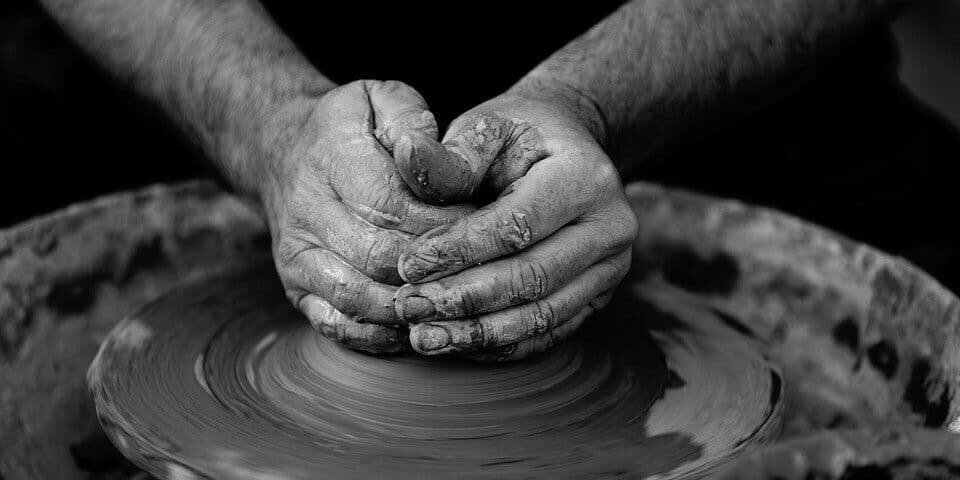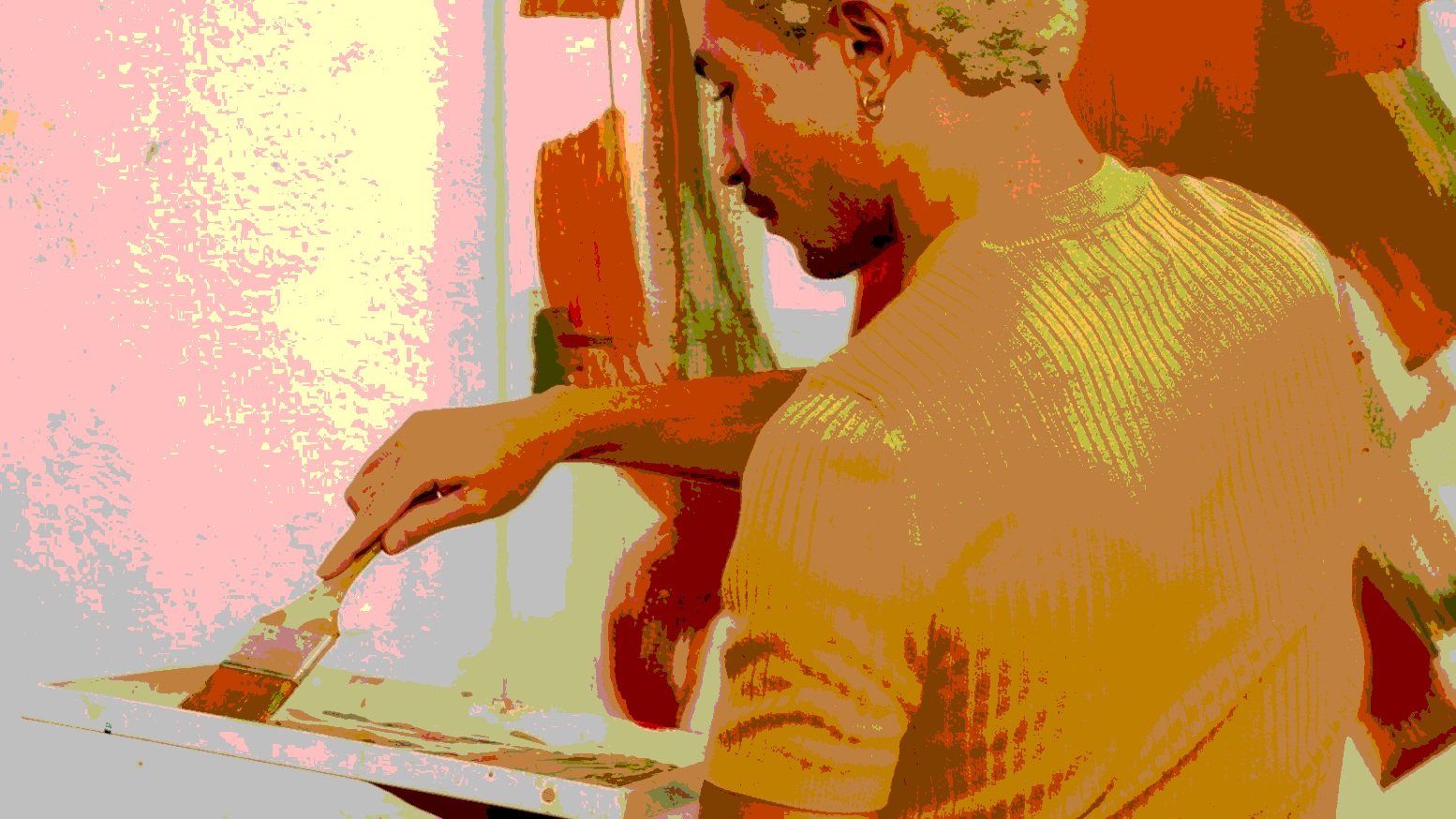The Best Advice On Marijuana And Creativity From The Greatest Writers In History

William Shakespeare, Louisa May Alcott, Robert Louis Stevenson, Jack London, George Orwell, Maya Angelou, and Hunter S. Thompson - All top-notch storytellers in their respective domains – were known to use Cannabis, amongst other psychotropics, to enhance their storytelling ability.
A History of Literary Partakers
It probably comes as no secret that writers - among other creative thinkers - have been aware of the benefits of Cannabis for centuries. In 1840's Paris, writers Victor Hugo, Alexandre Dumas, and Honoré de Balzac formed the Club des Hashishins – otherwise known as the Club of Hashish-Eaters. These literary giants like to hang out, explore drug-induced experiences, and share boundary-bending ideas that fueled their work.
To be fair, these writers all put the time in to hone their craft, as well. If you're a novice writer, you're not going to simply inhale some Sativa and exhale Hamlet – no matter how interesting and insightful you think you sound when you're high. But Cannabis can help create a state where you're primed for idea production and linguistic creativity.
Four Ways Cannabis Helps Writers
Cannabis can help writers in a variety of ways at different points of the creative process. Among other benefits, Cannabis can invite divergent thinking, increase verbal fluency, heighten empathy and decrease inhibitions.
The First Cannabis Brand Formulated for Creative Performance
Increased Divergent Thinking
Divergent thinking is sometimes referred to as "outside-the-box" thinking. It's a key component of creative thinking, including writing, as it demands a free association that generates unexpected and unusual solutions.
Divergent thinking is about ideation without critique; it can stretch the imagination in nonlinear ways to solve problems. By increasing our capacity for divergent thinking, Cannabis lights up the frontal lobe, promoting creativity and overall thought production - turning on the faucet for an influx of new ideas. Cannabis-infused divergent thinking for storytelling can help writers with anything from initial writer's block to unlocking a key component of plot, character, or meter.
Increased Verbal Fluency
Verbal fluency is a cognitive function that facilitates information retrieval from memory and the translation of those signals into language. Nimble and singular wordsmiths probably come as no surprise, have exceptional verbal fluency that allows them to arrange language in unique ways. And Cannabis can help boost this function in anyone.
Research on the effects of Cannabis on creativity, published in the Journal of Consciousness and Cognition, found that Cannabis enhanced the verbal fluency of the study's participants (a bunch of everyday Joes and Janes). Researchers believe that this increase in verbal fluency can be utilized throughout the writing process wherever language needs to be shaped - from simple wordplay to the use of figurative expressions or powerful imagery. To put it simply, low dose cannabis consumption before writing can help a writer gather lots of new clay, and increased verbal fluency can help them craft stories in surprising ways.
Decreased Inhibitions
Inhibitions hold writers back from feeling what they want to feel, saying what they want to say, and making what they want to make – especially when it comes to creative risks and vulnerable self-expression. Cannabis can help propel you past this inner critic into a mental space where you're not worrying whether your writing is good or bad.
Low doses of Cannabis are known to repress an area of the brain called the dorsolateral prefrontal cortex (DLPFC) connected to planning, inhibition and self-censorship, and cognitive control over emotions. Slowing it down or deactivating that area has been suggested to play a role in altered states of consciousness such as daydreaming, meditation, and REM sleep (all are patterns of brain activity that can enhance the creative process). Because Cannabis can suppress these functions and allow you to focus more on imagination, ideas tend to flow more freely when using Cannabis.
Heightened Empathy
Cannabis users often experience an enhancement of their empathic skills during a high. This is likely because THC binds with cannabinoid receptors which are associated with emotional response and reward processing. Writers who use Cannabis in low doses say they are better able to slip into another personality and creatively write fiction involving the feelings of various characters. Both fiction and nonfiction writers who use Cannabis say it helps them be more open-minded and understanding, which can help them better connect with their audience.
Give it a Try and Watch The Words Fly
The key to successfully utilizing Cannabis to enhance your creative writing lies in self-experimentation. You know your body better than anyone, and, of course, there's no guidebook to tell you the exact dose to take. With Cannabis, creativity tends to vary between individuals based on factors like tolerance, past usage, and metabolism. Research does show that low doses of Cannabis enhance functional creativity more than high doses. Generally speaking, it is about enhancing the writing experience, not being the experience. If you find that you need more, adjust your dosage accordingly. It's also important to note that cannabis strains can have varying effects and, therefore, it's important to use strains proven to promote creativity, focus, and energy.
Lastly, remember that Cannabis isn't a magic writing pill. Just like painting or songwriting, or dance – writing is a skill that must be built and refined over time. Though Cannabis won't make you a great writer by itself –it can help you write more, turn down your inner critic, heighten your empathy, and access new and provocative ideas that you might not have otherwise. And that's a great hack for writer's block.







